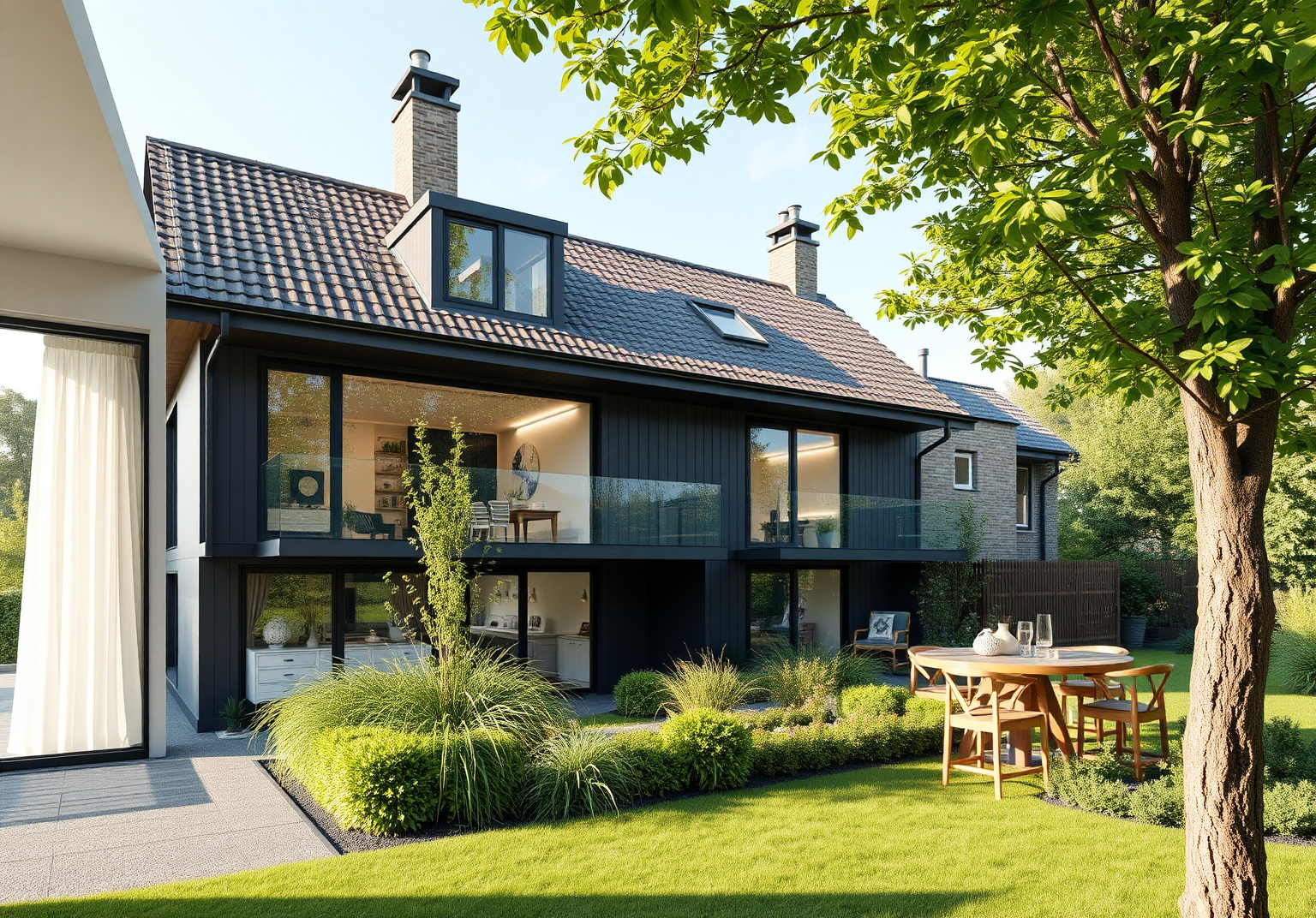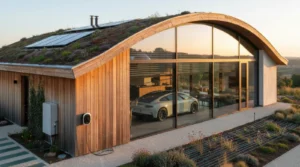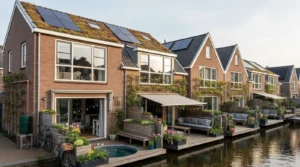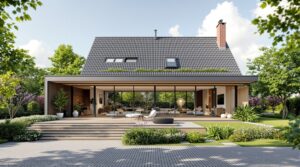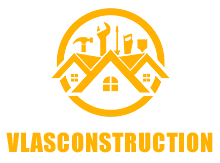How Home Renovation Can Boost Your Energy Efficiency
Introduction
When considering home renovation, especially in the Netherlands, it is crucial to think about how these changes can enhance the energy efficiency of your home. Energy-efficient home renovations not only reduce your energy bills and maintenance costs but also contribute to a more sustainable and eco-friendly living environment. This article will guide you through the key concepts, practical tips, and best practices for energy-efficient home renovations in the Netherlands.
Basic Concepts
Energy Efficiency in Home Renovations
Energy efficiency in home renovations involves making improvements that reduce the amount of energy your home consumes. This can be achieved through various upgrades, such as better insulation, energy-efficient appliances, and smart home technologies. Here are some basic concepts to understand:
- Insulation: Proper insulation is crucial for maintaining a consistent temperature inside your home, reducing the need for heating and cooling systems.
- Air Sealing: Sealing air leaks prevents heat from escaping, which is essential for maintaining energy efficiency.
- Energy-Efficient Appliances: Using appliances certified by programs can significantly reduce energy consumption.
Sections of the Article
1. Conducting a Home Energy Assessment
Before starting your renovation, it is highly recommended to conduct a professional home energy assessment. This assessment will help you identify areas where your home is inefficient and suggest the most cost-effective upgrades.
- Free Professional Home Energy Assessment: In the Netherlands, you can often get a free or subsidized energy assessment through local energy initiatives. The auditor will inspect your home to identify inefficiencies and recommend upgrades that will provide the greatest return on investment.
2. Upgrading Heating, Cooling, and Hot Water Systems
Renovations can be an ideal time to assess and upgrade your heating, cooling, and hot water systems.
- Heating and Cooling Systems: Consider upgrading to energy-efficient systems like heat pumps, which use significantly less energy than traditional HVAC systems. Heat pumps can recoup up to 71% of their installation cost through energy savings.
- Hot Water Systems: New plumbing fixtures and appliances may increase your home’s hot water demand. Consider energy-efficient water heaters or solar water heating systems.
3. Incorporating Weatherization Upgrades
Weatherization upgrades are essential for maintaining energy efficiency.
- Insulation and Air Sealing: Ensure that your home is well-insulated and sealed to prevent heat loss. This includes upgrading insulation in walls, attics, and floors, and sealing any air leaks.
- Energy-Efficient Windows and Doors: Replace old windows and doors with certified products. These can reduce energy bills by an average of 10% and improve the overall comfort of your home.
4. Natural Ventilation and Solar Orientation
Natural ventilation and solar orientation can significantly impact your home’s energy efficiency.
- Cross Ventilation: Ensure good cross-ventilation by opening up rooms and adding windows to improve air circulation. This can reduce the need for mechanical ventilation systems.
- Solar Orientation: Relocate rooms to better harness solar orientation, especially for areas that get more use. This can reduce the need for artificial lighting and heating.
5. Water Conservation and Harvesting
Water conservation and harvesting are important aspects of energy-efficient home renovations.
- Water Tanks: Install water tanks to collect rainwater for irrigation, flushing toilets, or washing clothes. This can significantly reduce your water bills and support sustainable living.
6. Solar Panels and Landscaping
Solar panels and strategic landscaping can further enhance your home’s energy efficiency.
- Solar Panels: Install solar panels to produce your own energy. Ensure your home is well-insulated and air-sealed to maximize the benefits of solar energy.
- Landscaping: Plant trees and shrubs strategically to provide shade, act as windbreakers, and reduce the need for heating and cooling. Choose drought-tolerant plants to save on water bills.
Practical Tips
Insulation and Air Sealing
- Use High-Quality Insulation: Choose insulation materials like fiberglass insulation, which offer excellent thermal performance and additional benefits like noise reduction and moisture management.
- Seal Air Leaks: Use sealants to seal gaps around doors, windows, and pipes. This can prevent up to 40% of energy loss through heating and cooling.
Energy-Efficient Appliances and Lighting
- Upgrade to ENERGY STAR Appliances: Replace old appliances with certified ones to reduce energy consumption. Also, consider upgrading to energy-efficient lighting options like LEDs, timers, or smart switches.
- Smart Thermostats: Install smart thermostats that can learn your household’s temperature preferences and optimize energy use when no one is home.
Exterior Improvements
- Energy-Efficient Windows and Doors: Choose windows and doors that meet or exceed Energy Star standards. These can provide significant energy savings and aesthetic appeal.
- Roof Repairs: Ensure your roof is in good condition to prevent heat loss. Repair any leaks and consider a light-colored “cool roof” to reflect sunlight and keep your home comfortable.
Conclusion
Renovating your home with energy efficiency in mind is a wise investment for both your wallet and the environment. By conducting a home energy assessment, upgrading your heating and cooling systems, incorporating weatherization upgrades, and utilizing natural ventilation and solar orientation, you can significantly reduce your energy consumption.
Remember to use high-quality insulation, seal air leaks, upgrade to energy-efficient appliances and lighting, and make necessary exterior improvements. These steps will not only make your home more comfortable and sustainable but also contribute to a more eco-friendly living environment in the Netherlands.
By following these guidelines, you can ensure that your home renovation project is both energy-efficient and sustainable, aligning with the growing trend of eco-friendly homes in the Netherlands.

